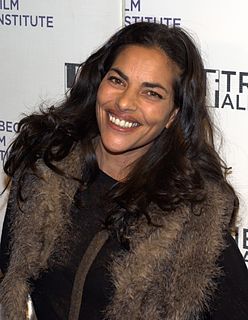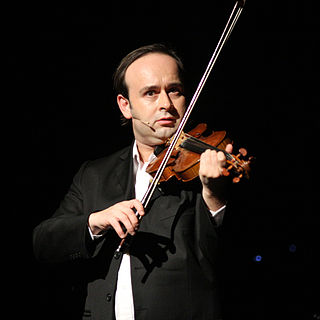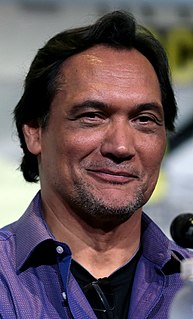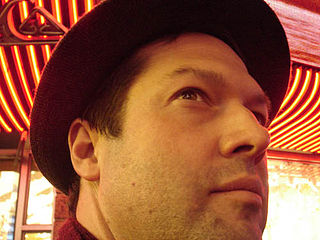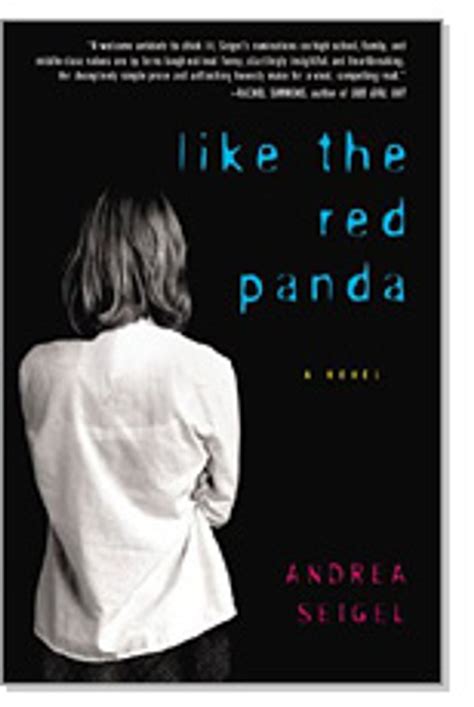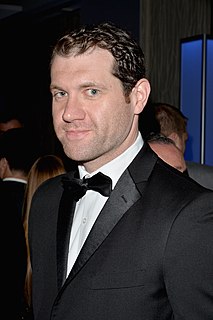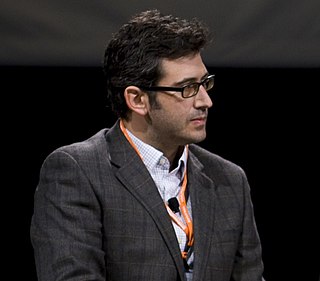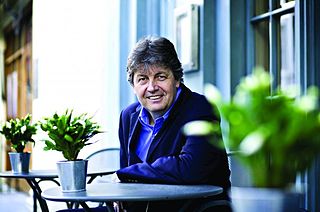A Quote by Michaela Coel
I didn't know I was going to write for TV until I was suddenly writing for TV, so that kind of stuff can bewilder you.
Related Quotes
When I got to 'Looking,' I didn't know that you could write stuff and they would put it on TV. That was that experience. My boss was Andrew Haigh and he came from film; he had never done TV. It was his first TV show, and he was running it. And I think he was like, 'Write it, and we'll put it on.' It was lovely.
We've always dreamt of a TV series and working in film. When we first sat down to seriously write 'A Little Nightmare Music,' to write something for TV was our original inspiration. But all the stuff we were writing down is not going to work on stage. We had to rewrite it so it would work on the stage.
Before, I was writing a script to make a movie. At a certain point, I became A Writer in Film and Television. So I got TV deals to write stuff, film deals to write stuff. But it's dangerous. I got into the WGA, and I became kind of, you know, a slave! They just pay you to write a script, and it's hard to make the movies.
And then afterwards I worked in advertising for a year which taught me about writing even when you don't want to (laughter) because there's never a moment that you want to write about an Erickson cell phone but you have to. And that's really important you know obviously for the...like if you really want to write, you have to write every day no matter how you feel or you know. And then, yeah, and then I ended up working in TV and then from TV into movies and then directing, so.
By TV standards - I'm not comparing it to manual labor by any means - by TV comedy standards, it is the hardest job I will ever, ever have. There is nothing that could be harder. I mean, when you combine the amount of writing that has to be done - sharp writing - with the fact that you then take it to the street and improvise with both celebrities who have no idea what's going to happen and real people who are not actors or comedians who don't even know I'm about to talk to them... It's lightning in a bottle every time.

